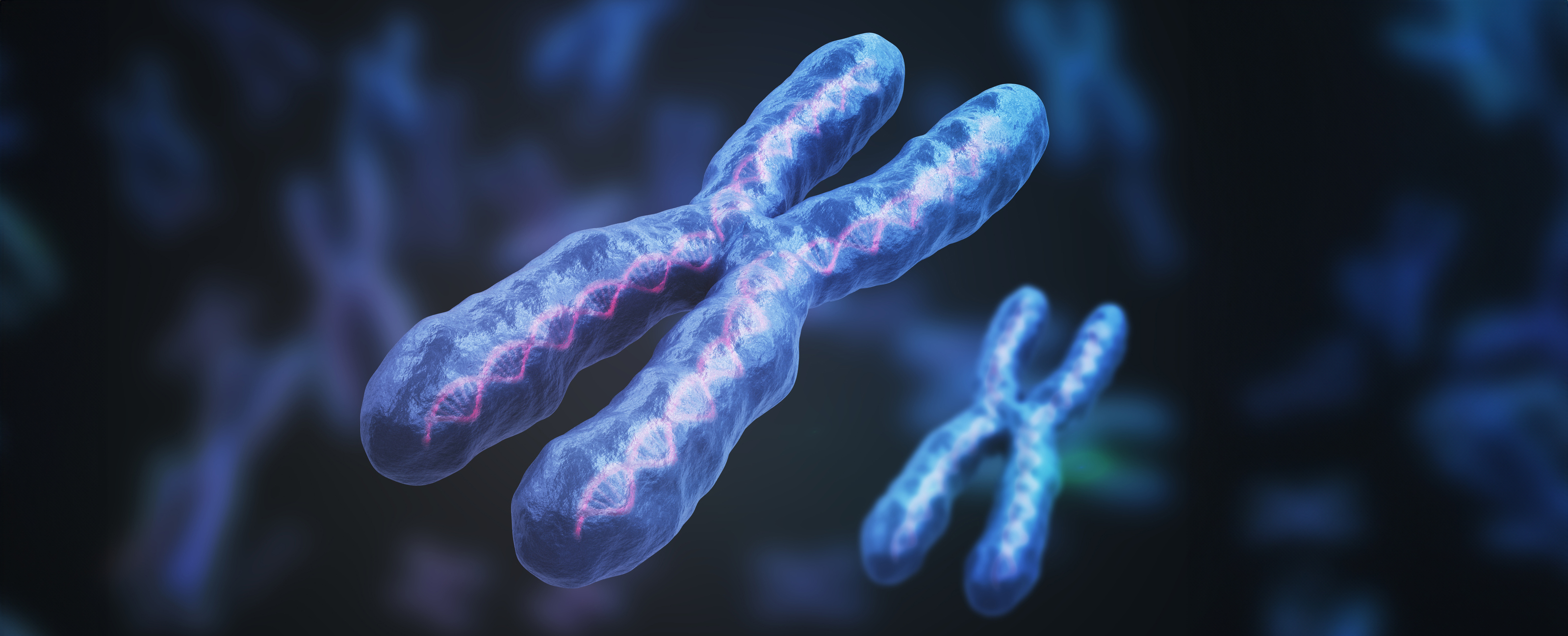The immune system is meant to protect us from alien invaders like bacteria and parasites, and zombie-like takeovers by viruses and cancerous mutations.
As grateful as we are for this protective system, for some it can get a little overzealous, becoming so hypervigilant it attacks its own body’s tissues. With conditions like type 1 diabetes, rheumatoid arthritis, lupus, and multiple sclerosis in its ranks, autoimmune disease is third most prevalent disease category, outstripped only by cancer and heart disease.
Such immune system disorders also disproportionately affect women. In the US, four in every five autoimmune patients are women.
New research has found this can be traced to an interaction between the two X chromosomes in people who’ve got a pair, predominantly cisgender women.
When there’s two X chromosomes available, a cell can only use the information from one, or things get a bit messy.
To avoid double-ups on X-linked gene expression, one X chromosome is randomly ‘silenced’. Long strands of RNA called Xist and their helper proteins wrap around the muted chromosome, preventing it from attempting any backseat driving. Because cells with XY chromosomes don’t have that extra genetic material, they don’t produce Xist at all.
The new study, led by Stanford researchers, reveals that several of the proteins Xist recruits to help with chromosome silencing are autoantigenic. In autoimmune diseases, autoantigens are what trip the immune system’s alarm, triggering it to attack the body it’s meant to defend.
The researchers showed this molecular complex is a major driver of autoimmunity, which may explain why women are more prone to developing these kinds of diseases.
“As a practicing physician, I see a lot of lupus and scleroderma patients, because those autoimmune disorders manifest in skin,” says Stanford geneticist and dermatology expert Howard Chang. “The great majority of these patients are women.”
Although this research was prompted by the concerning statistics for women, the findings may be relevant to anyone with two X chromosomes, including trans people and those with certain intersex conditions like Klinefelter syndrome, whose chromosomes are XXY.
The researchers tested what happens when the Xist gene is inserted into two different strains of male mice – one strain that is susceptible to autoimmune symptoms similar to lupus, and the other strain resistant to it.
This allowed them to examine how the immune system responds to Xist when there’s only one X chromosome, while eliminating other factors that might be responsible for the high rates of autoimmunity among cis women, like female hormones or accidental protein production from a second X chromosome that was meant to be silenced.
Usually, males from the susceptible strain of mice develop lupus-like autoimmunity at a much lower rate than their female counterparts. But when the inserted Xist gene was activated they began to develop the condition at a similar rate to susceptible females, and at a far higher rate than males who hadn’t been engineered to produce the protein complex.
Among the autoimmune resistant male mice, activating Xist wasn’t enough for them to develop an autoimmune disease. In this strain, even females are far less prone.
This suggests that while double X chromosomes place people at higher risk of developing autoimmunity, this is probably only the case if they have another existing genetic predisposition.
While many people may be predisposed to an autoimmune disease, this experiment shows Xist proteins seem to increase the risk of the condition being ‘turned on’.
Chang notes these constraints on autoimmunity are fortunate, because otherwise all people with two X chromosomes might be more susceptible than those with just one.
“For several decades, we’ve used a male cell line as the standard of reference,” Chang says.
“That male cell line produced no Xist and no Xist/protein/DNA complexes, nor have other cells used since for the test. So, all of a female patient’s anti-Xist-complex antibodies – a huge source of women’s autoimmune susceptibility – go unseen.”
This research has been published in Cell.





